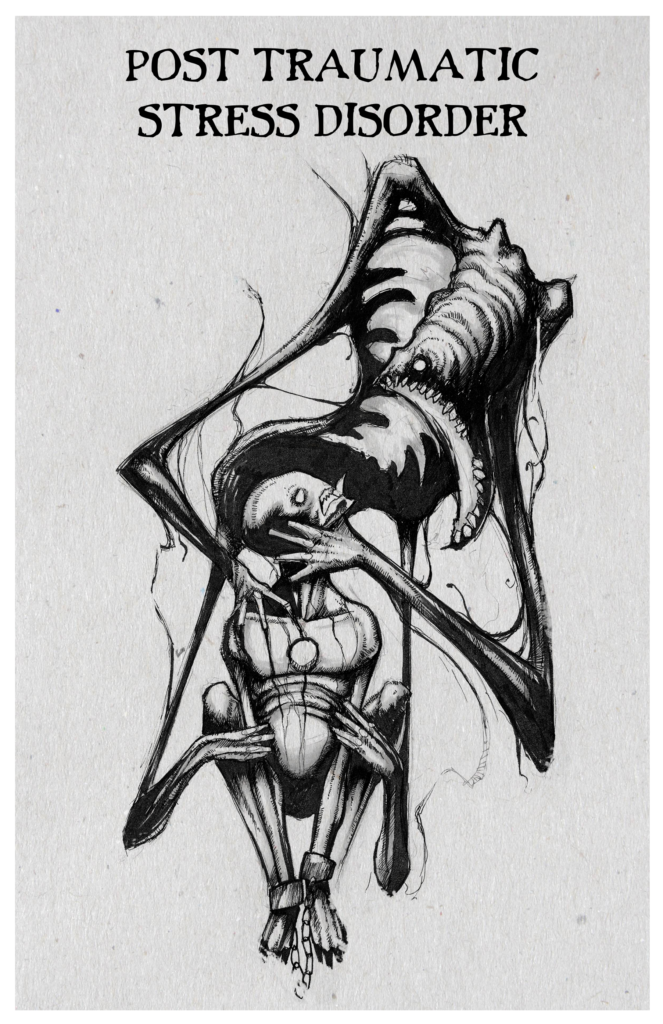Since thousands of years of cannabis use have shown that it cannot – on its own – have lethal consequences, I was shocked to see a recent New York Times headline that seemed to suggest otherwise: “Marijuana Dependence Linked to Higher Risk of Death.” Although the article claims to report on a new Canadian study linking hospital-based care for cannabis use disorder (CUD) to an increased risk of premature death, it misrepresents the findings by suggesting a causal rather than correlational link between the two. In support of this flawed reading, the article cites an editorial about the recent study titled: “Time to Act on a Growing Public Health Threat—Evidence of Elevated Mortality in Cannabis Use Disorder.”
“Cannabis-related mortality has remained under the radar compared with alcohol or opioids, but the findings of Myran et al emphasize the pressing need to understand and address these risks. Though the finding that individuals with cannabis use disorder face an increased risk of death is not surprising, it is crucial to quantify this risk and understand its underlying causes.”
Although the authors of the editorial emphasize the need to examine the underlying conditions of CUD as a problem that is “frequently accompanied by comorbid substance use disorders, mental health issues, and other conditions that increase the likelihood of hospitalization,” they still conclude that the study is evidence of “cannabis-related mortality.”
This misleading phrase suggests that the consumption of cannabis — in itself — can have fatal consequences. But it fails to explain why suicide is the leading cause of death among individuals who receive medical attention for CUD. In reality, these individuals are not at a higher risk of premature death because they consume cannabis, but rather because their dependence on cannabis masks an underlying health condition that can lead to suicidal ideation and intent.
CUD is typically defined as the inability to stop using cannabis on a daily basis even when this leads to negative consequences such as social isolation or job loss. However, the diagnosis is misleading because cannabis dependence is often a symptom, rather than the cause of an underlying condition — such as post-traumatic stress disorder (PTSD) or clinical depression — that most likely has not been diagnosed or adequately treated. These are not conditions that one can simply “live with.” Instead, they transform life into a burden one may no longer wish to bear.
“there could be no happiness, cheerfulness, hope, pride, immediacy, without forgetfulness.”
Speaking from my own experience as someone with “complex” trauma (cPTSD), intrusive memories of pain, humiliation, and terror can trigger sensory flashbacks in which the memories are also felt as violations in the present, with acute fear, distress and anguish. If you’ve ever seen this happen to someone, they can appear “crazy” or “deranged.” The perception of our symptoms as character flaws exacerbates our depression, anxiety and tendency toward social isolation.

I consume cannabis every day because it minimizes the frequency and intensity of these flashbacks; I am able to forget the violence that my brain couldn’t process, and regain control over my mind. Without cannabis, intrusive thoughts and flashbacks hijack my sensibility, making it impossible to feel safe in the world. My dependence on cannabis is not recreational—it is a medical necessity that enables me to be focused, productive and kind.
Set and Setting Matter
The effects of cannabis also depend on set and setting. Trapped in a toxic environment, lacking a supportive community, cannabis use can become a means to numb the pain and simply live-through every day. But in a different setting, the use of cannabis can also facilitate an active forgetting that creates space for awe, creative thought and empathy.
Nietzsche’s notion of “active forgetting”—which he describes in The Genealogy of Morality—is one of the most beautiful tributes to the power of forgetting:
To shut the doors and windows of consciousness for a while; not to be bothered by the noise and battle which our underworld of serviceable organs work with and against each other; a little peace, a little tabula rasa of consciousness to make room for something new . . . that, as I said, is the benefit of active forgetfulness, like a doorkeeper or guardian of mental order, rest and etiquette: from which we can immediately see how there could be no happiness, cheerfulness, hope, pride, immediacy, without forgetfulness.
Nietzsche intuitively grasps the connection between trauma and memory. Science helps us understand this connection through the endocannabinoid system (ECS)— a system of neurotransmitters that bind to cannabinoid receptors, serving as a complex cell-signaling system that regulates mood, stress response, memory, and homeostasis.
Among other functions, endocannabinoids help us eat, sleep, forget and relax.
When a traumatic brain injury disrupts the ability to forget past trauma, it makes sense that consuming phytocannabinoids (like THC and CBD) can help restore this function, allowing trauma survivors to regain control over their minds and emotions.
Dependence vs. Disorder
Using cannabis daily to manage symptoms of an underlying condition is not always a problem—and sometimes, it is a necessary stopgap until one finds the resources to heal in community. When cannabis dependence becomes self-destructive, it is always a symptom of another disorder—one that erodes the will to live.
Healing in Community
After a brutal year of record-breaking levels of global antisemitism fueled by cultural gaslighting, I am quite dependent on cannabis to cope with the present and feel some optimism about the future. But I also recognize the need for a change of set and setting to reset my relation to the herb.
This is one reason that I’m looking forward to returning to Eretz Yisrael this May to find some solace, peace and healing within my community.

JOIN US THIS MAY FOR THE FIRST CANNA-JEWISH HERITAGE TRIP TO ISRAEL
CJM has partnered with Puzzle Travels to create bespoke Jewish heritage expeditions that explore the Biblical roots of plant-based medications and feature immersive experiences with leading Jewish growers, researchers, and advocates changing the cannabis industry. Puzzle Travels is a pioneer in creating unique, tailor-made journeys that transcend traditional itineraries and provide transformative experiences designed for rejuvenation and self-discovery.
Join us for our inaugural cannabis tour of Israel in May! This one-of-a-kind experience combines a bespoke Jewish heritage tour with exclusive access to Israel’s leading cannabis researchers, licensed producers, and industry leaders. You’ll have the opportunity to network with experts and explore the historical, cultural, and scientific intersections of cannabis in Israel—past, present, and future. This tour is designed for industry professionals, investors, and cannabis enthusiasts who share a passion for the plant and feel a connection to the land of Israel. As part of Puzzle Travels’ 25-year legacy, you’ll also enjoy Israel’s world-renowned culinary scene, including unique dining experiences with locals.
To ensure an intimate and personalized experience, the tour is limited to 40 participants. Don’t miss this incredible opportunity to explore the intersection of cannabis and Jewish tradition while discovering Israel’s leadership in innovation and its rich cultural tapestry.
Reserve your spot now for an unforgettable journey where every moment contributes to your unique travel story.
For more details, please click this link for an overview and contact CJM’s Editor-in Chief, Lissa Skitolsky, at cannabisjew@gmail.com






